Two of our skilled subrogation lawyers, Rebecca Wright and Steven Alsip, were featured in the February 2018 National Association of Subrogation Professionals Newsletter regarding their upcoming talk, entitled “Negative Inference Cases: Your Invisible Smoking Gun” at the NASP 2018 Litigation: Skills and Management Conference.
What is your recourse when evidence vital to your subrogation case is destroyed, or the responsible party is acting in bad faith? Wright and Alsip’s session will offer discourse on the principle of negative inference and how it applies to the subrogation process for property damage claims.
They will discuss strategies for how to carry the burden of proof required to win at trial (or reach a favorable settlement), including the role of circumstantial evidence, specialized discovery, social media, the relevant statutory and lease provisions at play, and recent changes to the NFPA’s position on negative inference.
Negative Inference, the NFPA & Meeting Burden of Proof
In the course of an insurance investigation, and especially so in the case of fire damage, crucial evidence may be destroyed, hidden or absent. This can make proving your case at trial difficult, specifically in property subrogation. The NFPA provides examples of when absence of evidence can prove just as useful as positive evidence in the course of a fire investigation:
- The absence of an accidental ignition source may indicate the fire was intentionally set.
- The absence of typical damage expected from an accidental fire may suggest there was an incendiary agent.
- The absence or refusal of witness testimony may indicate suspicious behavior.
Negative corpus (inference) methodology, unfortunately, led to a culture of carriers automatically assuming the worst of their insured in a fire incident with no discernable source. As a result, since 2014 the NFPA no longer allows negative inference methodology.
In the course of property subrogation for fire damage, negative inference might be vital to your case. But you have to tread lightly. Rebecca and Steven will speak in-depth about negative corpus, when absence of evidence is not evidence of absence, and how subrogation professionals can utilize these concepts in the course of their investigation and claim litigation.
If you are interested in learning more about subrogation law and strategies for maximizing recovery, visit Rathbone Group’s YouTube channel or podcast library for our informational series, On Subrogation. In On Subrogation, Rathbone Group attorneys break down complex topics in digestible episodes.
Have more questions about subrogation? Email us at info@rathbonegroup.com.
